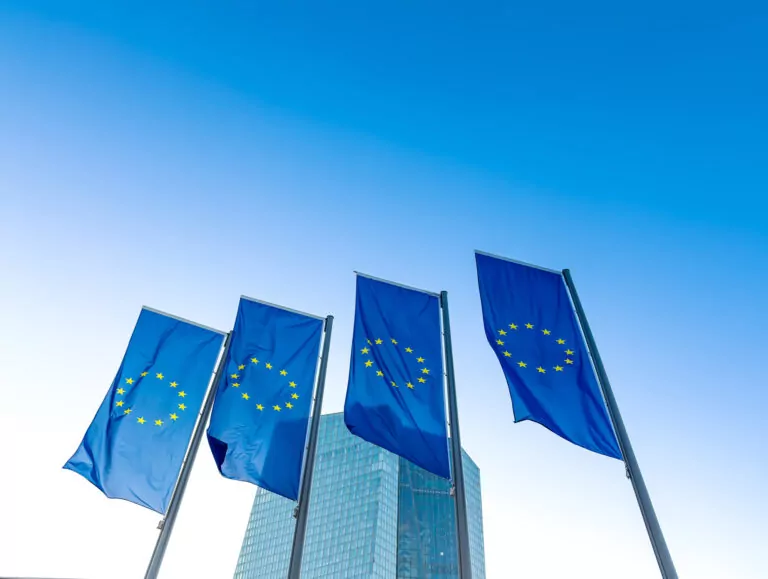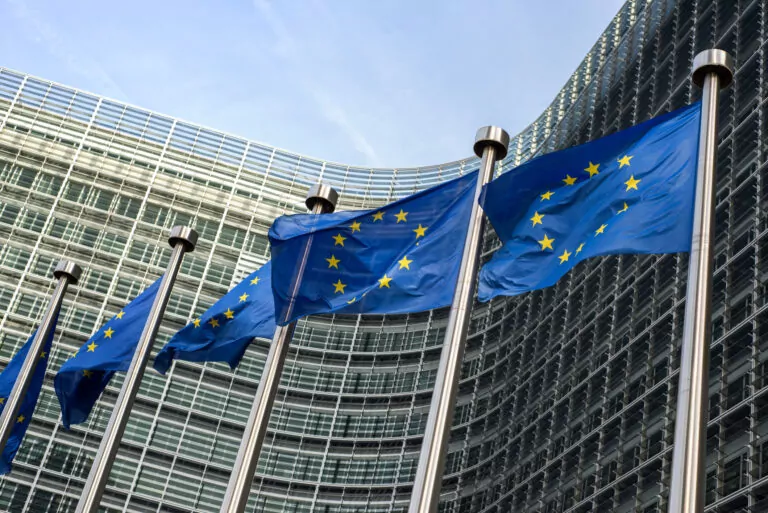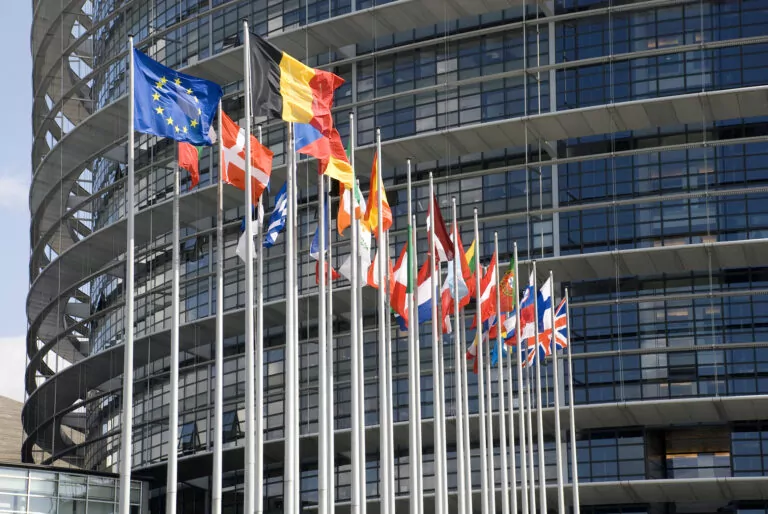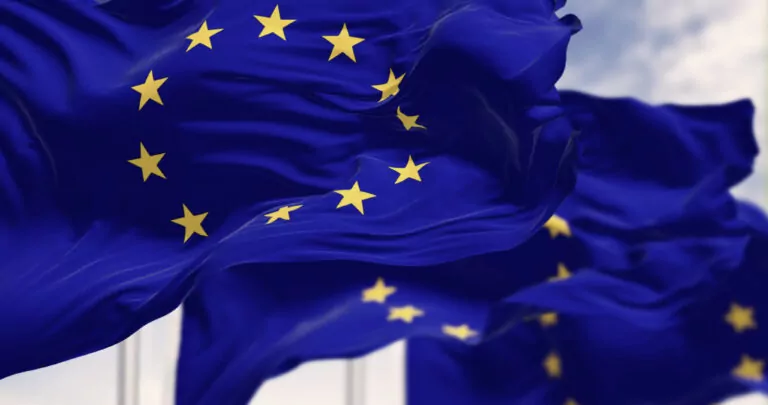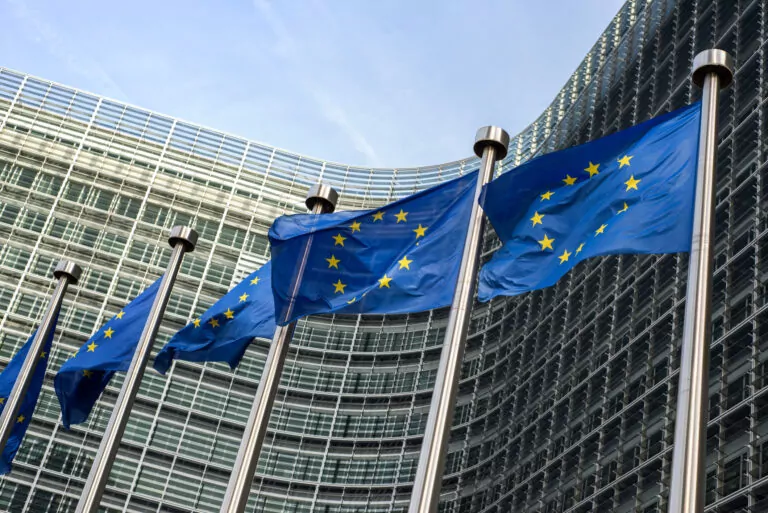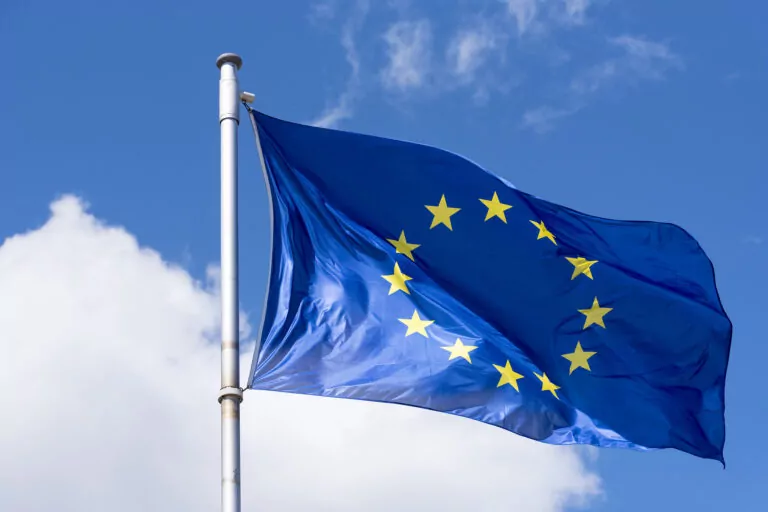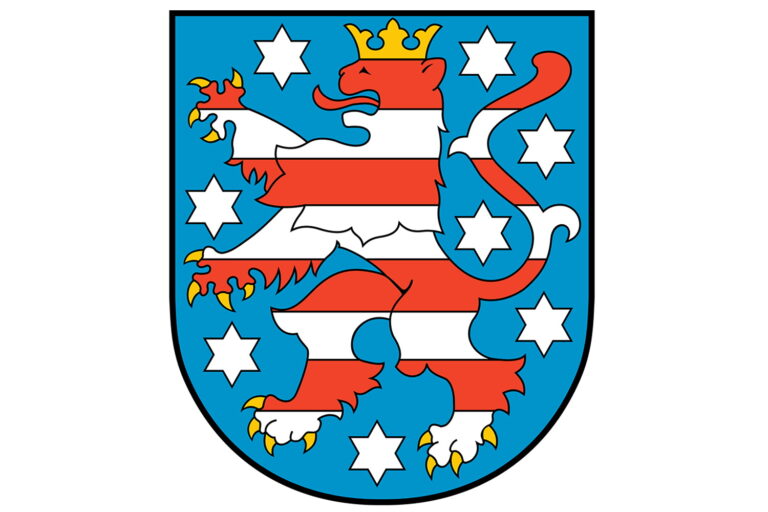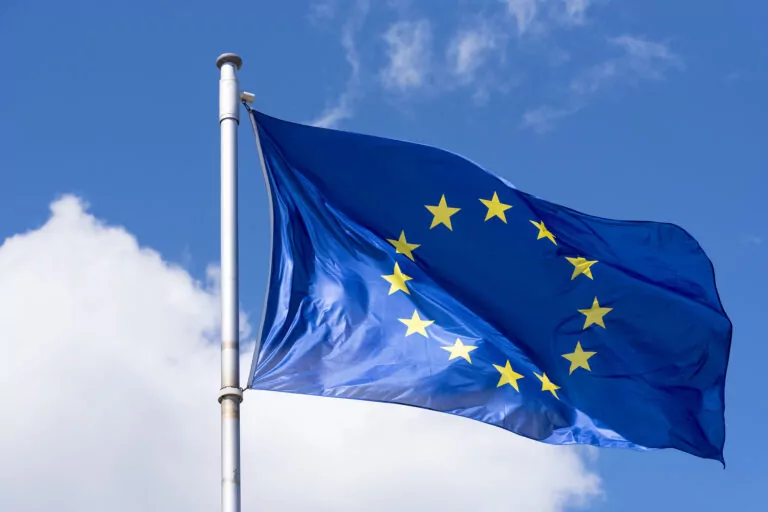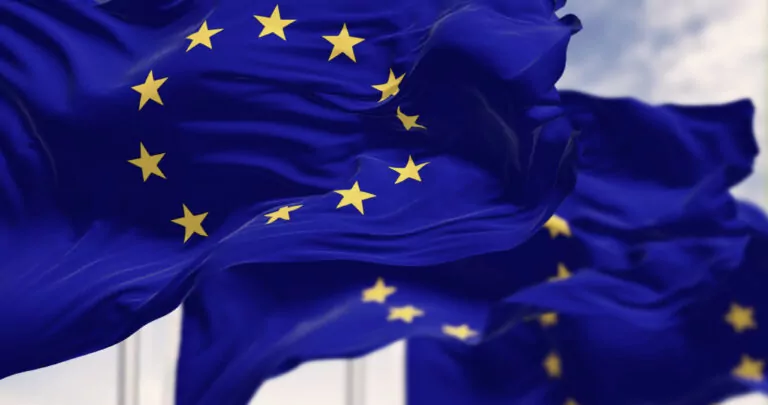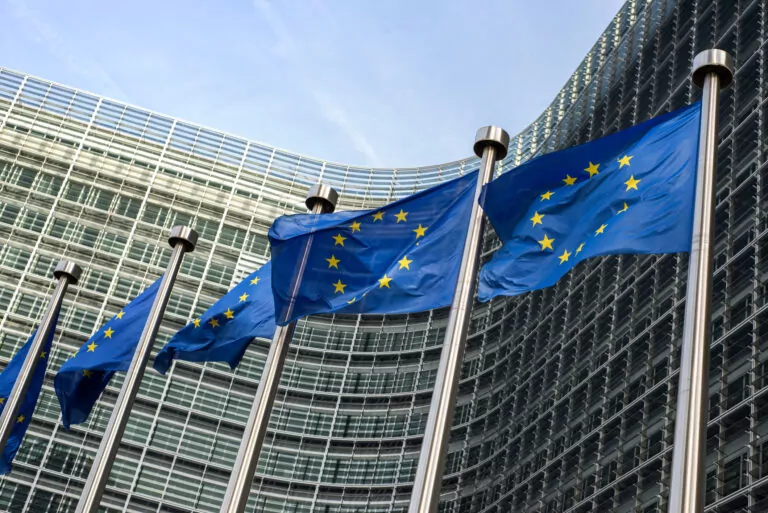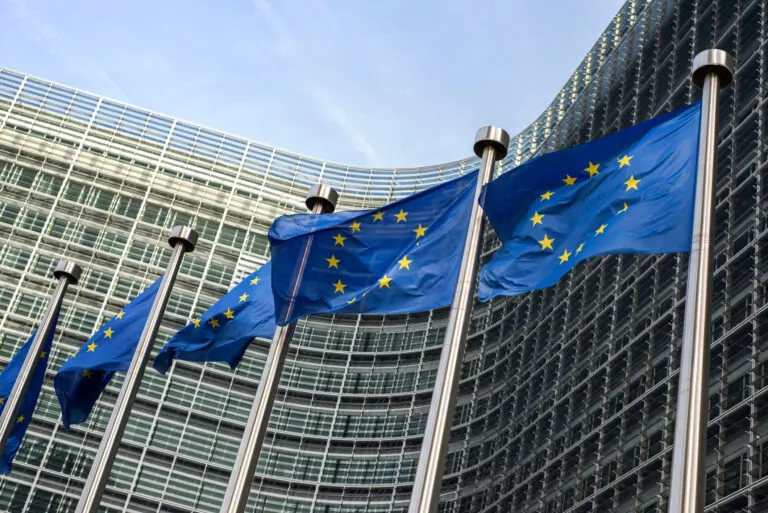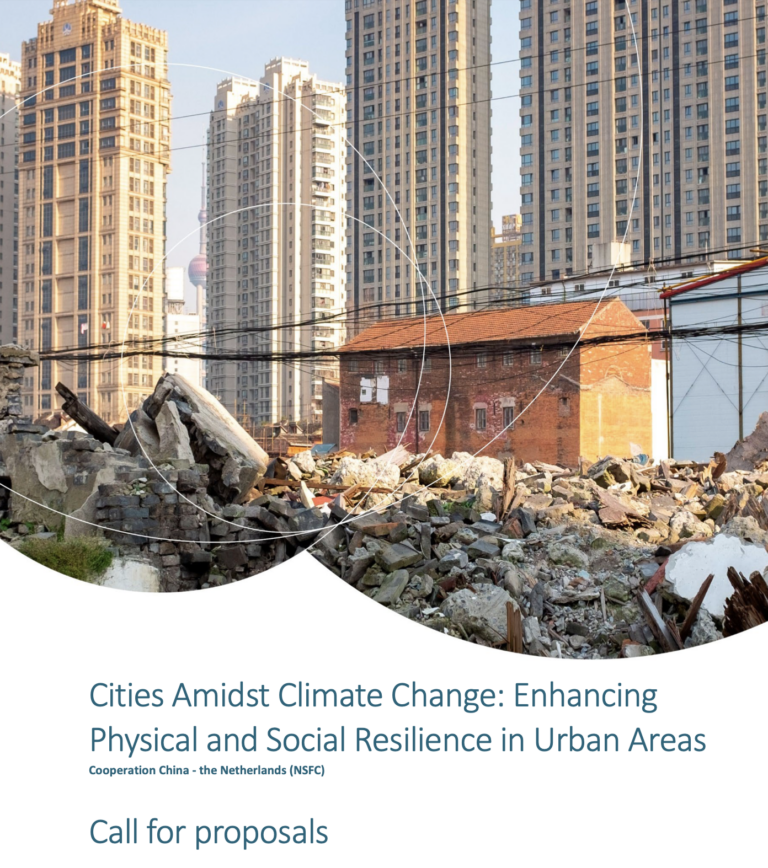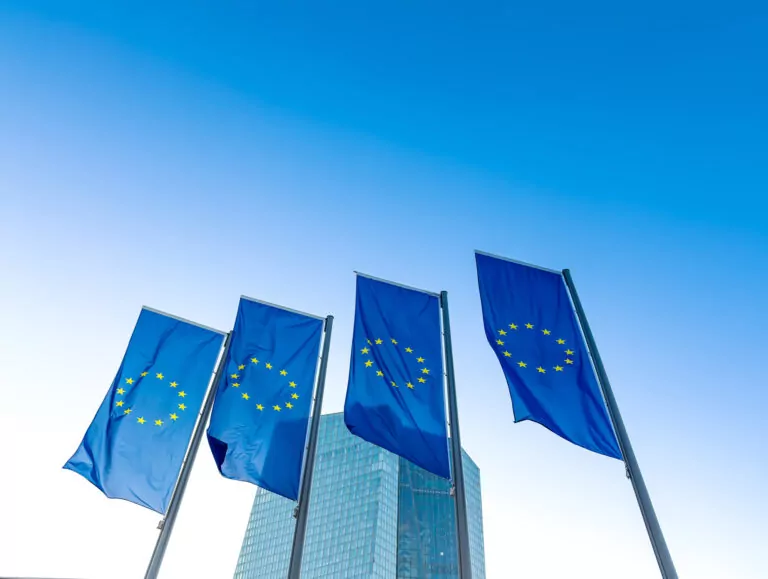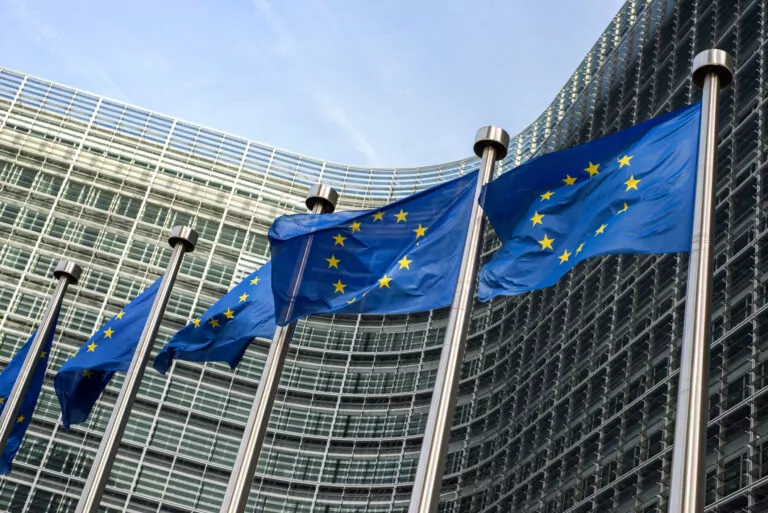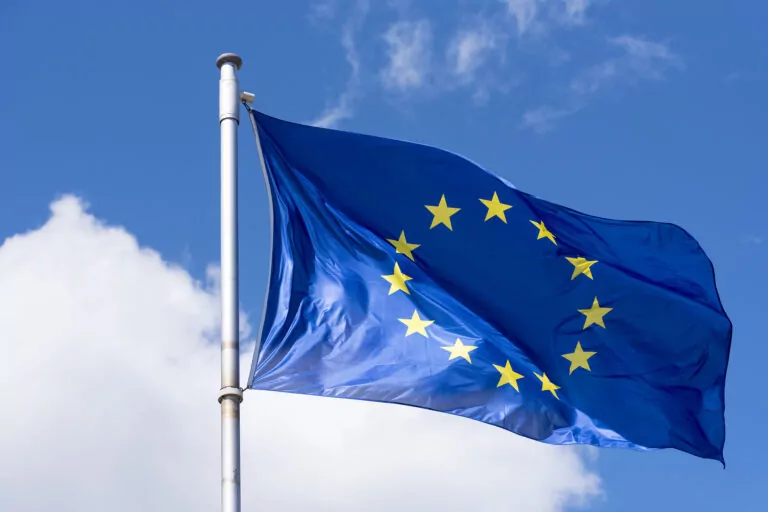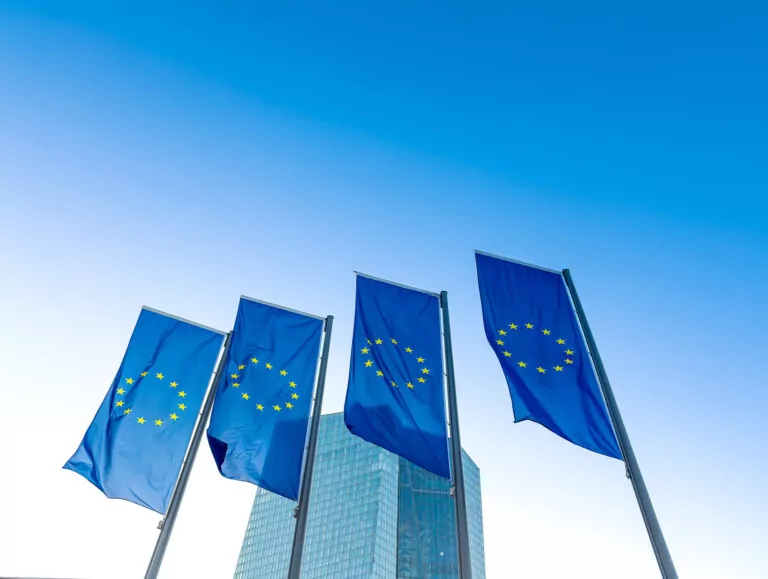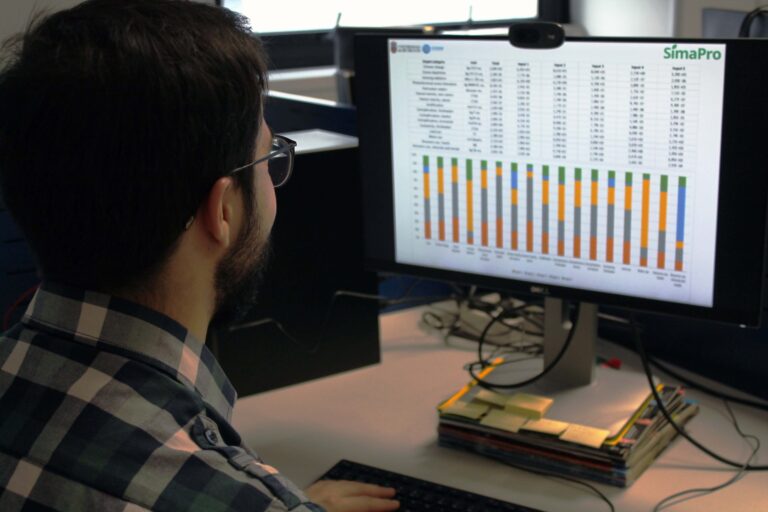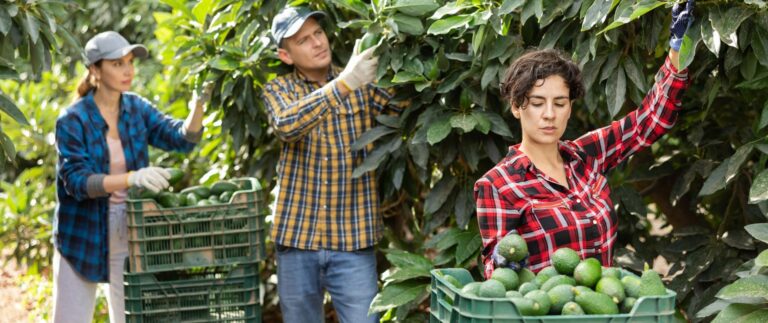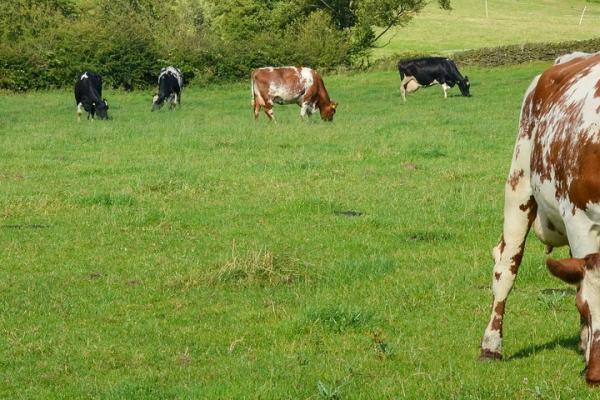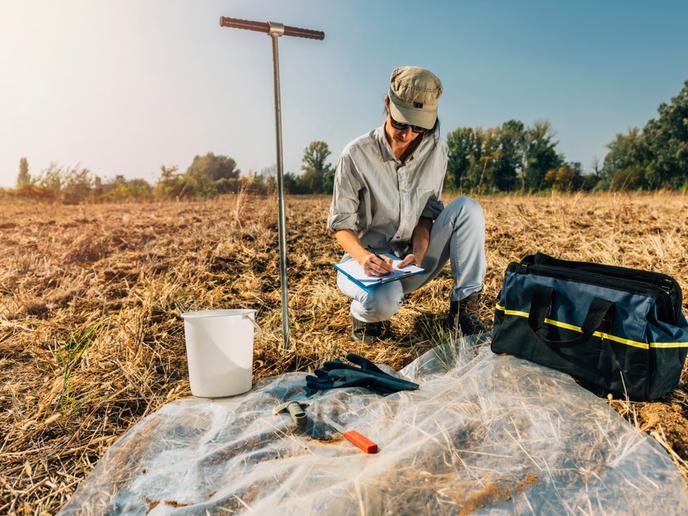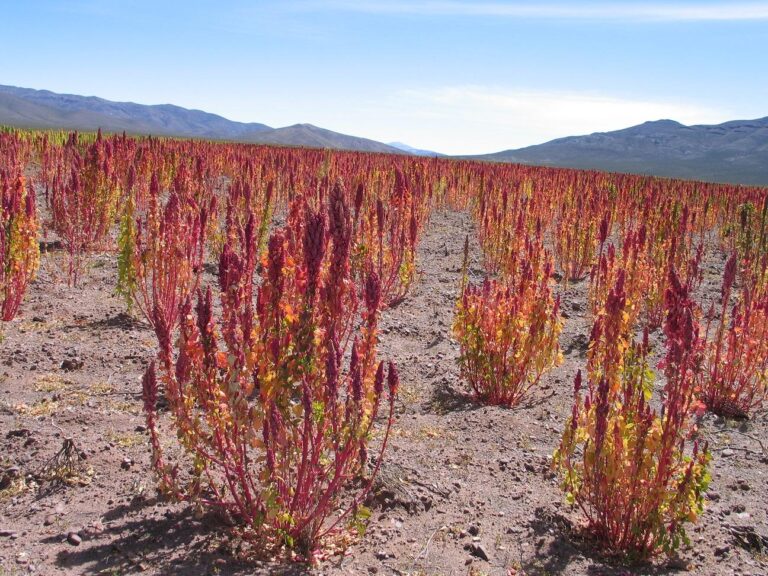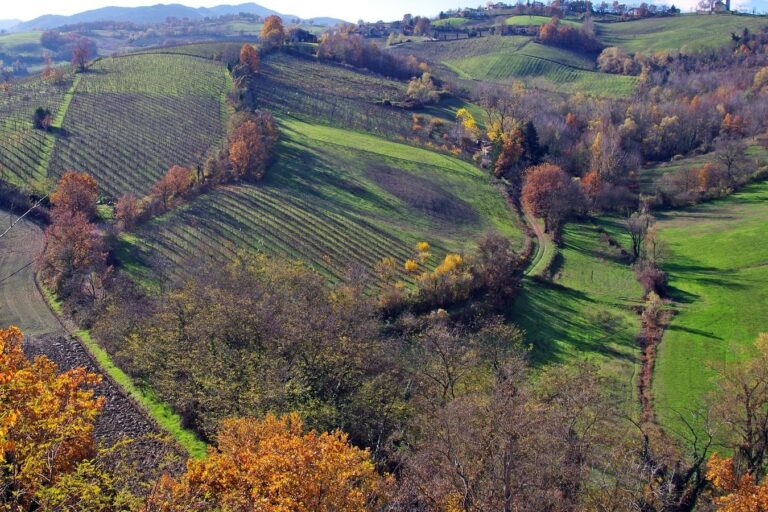Add to favorites:
Share:
In line with the European Commission’s food security communication[1], the successful proposals will support the reduction of the EU's import dependency on key agricultural products and inputs by boosting EU plant proteins production and use for feed while increasing the sustainability and resilience of Europe’s agricultural systems.
Successful proposals should support the objectives of the common agricultural policy (CAP), as well as the EU Green Deal strategies, the EU climate action[2], and the communication on boosting biotechnology and biomanufacturing in the EU.
Successful proposals will deliver on the expected impacts of the destination by enabling agri-food systems to contribute to EU strategic autonomy by fostering food and nutrition security and safeguarding long-term sustainability of EU farming systems.
Projects results are expected to contribute to all of the following expected outcomes:
- farmers capacity to sustainably produce and use protein crops for feed in the EU is fostered;
- farmers and advisors understanding about protein crops cultivation and share in animals’ diets is improved;
- knowledge and innovation of the diverse actors across the protein crops value chain on preservation and transformation processes of protein crops for feed is increased;
- contributions to move towards a more competitive EU protein crop sector are provided, rendering agricultural systems more resilient to climate change, external shocks and supply chain disruptions, while more committed to biodiversity preservation and conservation.
Currently, protein crops[3] cultivation, such as grain legumes and fodder legumes, only accounts for a small proportion (around 3%) of the EU agricultural area. While there is little shortage in the protein supply for food purposes in the EU, there is a more important shortage in the feed sector[4], resulting in high levels of imports (especially of soya) originating from countries often with different environmental and social standards. It is, therefore, strategical for the EU to expand the domestic production of protein crops, including in mixed crops[5] as a feed source.
Increasing the EU’ plant protein autonomy would allow for reducing imports of protein feed from third countries, and thereby, would contribute to the decrease of environmental and climate footprints. Additionally, promoting locally produced protein crops would contribute to the sustainable development of EU rural areas, in line with the EU long-term vision on rural areas, for example through the development of new regional value chains that are self-sustaining. Developments in this area should at the same time be coherent with the new Regulation on deforestation-free products[6] by reducing the impact of plant protein feed needs on deforestation and forest degradation globally.
The benefits of increasing the share of protein crops, in particular nitrogen-fixing leguminous crops, in EU farming systems, are also reflected in the climate and the environment, through the improvement of soil quality (restoring and enhancing biodiversity, increasing soil fertility, cycling nutrients, improving soil structure, increasing water retention capacity, etc.) which in turn improves the sustainability and resilience of farms.
Proposals should:
- improve the knowledge about local production and utilization of various available protein crops used for animal feed across different regions;
- identify gaps, needs, barriers and enablers for taking up and scaling up sustainable protein crops intended for feed use in the EU, from production to processing and trade levels. Draw up a strategic roadmap with research and innovation priorities based on the identified challenges, including for the optimization of manufacturing processes of locally produced plant protein into feed;
- identify, test and showcase biodiversity-friendly management practices in farming systems (crop production and livestock raising) containing protein crops intended for feed use. Prioritise the use of climate and pest resilient protein crops adapted to different EU pedoclimatic conditions;
- assess the social, economic and environmental impacts and trade-offs for up- and downstream actors of the feed value chain, of the increased share of different protein crops in different farming systems;
- generate comprehensive capacity building material, trainings and information tools for farmers, advisors and extension services, including a visualization tailored to different geographical regions and pedoclimatic zones in the EU. Address the most cost-effective production systems with protein crops and combinations of crops, based on local agronomic features as well as on local market data such as demand for feed.
All farming approaches, including organic farming, are in the scope of this topic.
Proposals must implement the 'multi-actor approach’ and ensure adequate involvement of the main actors relevant for domestic plant protein feed value chain, such as farmers, other land managers, advisors, feed manufacturers, industry (including small and medium enterprises), policy-makers, etc. Proposals should ensure an effective knowledge, co-creation and exchange between researchers and field actors as well as with the whole feed value chain actors concerning the benefits, challenges and opportunities of producing and integrating local protein crops for feed in the EU. To this end, proposals should develop diverse practice-oriented dissemination materials presenting R&I solutions (e.g. audiovisuals, brochures, fact sheets, etc) and should share all generated data and knowledge through existing digital tools or platforms.
Proposals should include a dedicated task, appropriate resources, and a plan on how they will collaborate with the other project funded under this topic and with relevant activities to be carried out under topic HORIZON-CL6-2024-FARM2FORK-02-5-two-stage[7] and HORIZON-CL6-2025-02-FARM2FORK-06[8]. Proposals should ensure coherence and complementarity with ongoing relevant Horizon Europe projects and with relevant activities of the Horizon Europe Partnership ‘Agroecology’. Likewise, proposals should capitalise on existing relevant research findings and tools, such as those resulting from Horizon 2020 projects.
The possible participation of the JRC in the project could consist of support analysis, applying its tools such as the integrated agro-economic modelling platform (iMAP), for scenario assessment.
[1] COM(2022) 133 final (https://eur-lex.europa.eu/legal-content/EN/TXT/?uri=CELEX:52022DC0133)
[2] COM(2022) 133 final (EUR-Lex - 52022DC0133 - EN - EUR-Lex)
[3] In this topic, protein crops refer to crops with a high content of proteins which can be used for animal feed.
[4] EC (2023), EU agricultural outlook for markets, 2023-2035
[5] Cereals and grain legumes or grass and fodder legumes are examples of mixed crops used for feed (maize and beans, clover and ryegrass, barley and peas, etc).
[6] Regulation - 2023/1115 - http://data.europa.eu/eli/reg/2023/1115/oj
[7] HORIZON-CL6-2024-FARM2FORK-02-5-two-stage: ‘Animal nutritional requirements and nutritional value of feed under different production management conditions', under wp-9-food-bioeconomy-natural-resources-agriculture-and-environment_horizon-2023-2024_en.pdf (europa.eu).
[8] HORIZON-CL6-2025-02-FARM2FORK-07: ‘Improving grassland management in European livestock farming systems’, under this work programme.
Expected Outcome
In line with the European Commission’s food security communication[1], the successful proposals will support the reduction of the EU's import dependency on key agricultural products and inputs by boosting EU plant proteins production and use for feed while increasing the sustainability and resilience of Europe’s agricultural systems.
Successful proposals should support the objectives of the common agricultural policy (CAP), as well as the EU Green Deal strategies, the EU climate action[2], and the communication on boosting biotechnology and biomanufacturing in the EU.
Successful proposals will deliver on the expected impacts of the destination by enabling agri-food systems to contribute to EU strategic autonomy by fostering food and nutrition security and safeguarding long-term sustainability of EU farming systems.
Projects results are expected to contribute to all of the following expected outcomes:
- farmers capacity to sustainably produce and use protein crops for feed in the EU is fostered;
- farmers and advisors understanding about protein crops cultivation and share in animals’ diets is improved;
- knowledge and innovation of the diverse actors across the protein crops value chain on preservation and transformation processes of protein crops for feed is increased;
- contributions to move towards a more competitive EU protein crop sector are provided, rendering agricultural systems more resilient to climate change, external shocks and supply chain disruptions, while more committed to biodiversity preservation and conservation.
Scope
Currently, protein crops[3] cultivation, such as grain legumes and fodder legumes, only accounts for a small proportion (around 3%) of the EU agricultural area. While there is little shortage in the protein supply for food purposes in the EU, there is a more important shortage in the feed sector[4], resulting in high levels of imports (especially of soya) originating from countries often with different environmental and social standards. It is, therefore, strategical for the EU to expand the domestic production of protein crops, including in mixed crops[5] as a feed source.
Increasing the EU’ plant protein autonomy would allow for reducing imports of protein feed from third countries, and thereby, would contribute to the decrease of environmental and climate footprints. Additionally, promoting locally produced protein crops would contribute to the sustainable development of EU rural areas, in line with the EU long-term vision on rural areas, for example through the development of new regional value chains that are self-sustaining. Developments in this area should at the same time be coherent with the new Regulation on deforestation-free products[6] by reducing the impact of plant protein feed needs on deforestation and forest degradation globally.
The benefits of increasing the share of protein crops, in particular nitrogen-fixing leguminous crops, in EU farming systems, are also reflected in the climate and the environment, through the improvement of soil quality (restoring and enhancing biodiversity, increasing soil fertility, cycling nutrients, improving soil structure, increasing water retention capacity, etc.) which in turn improves the sustainability and resilience of farms.
Proposals should:
- improve the knowledge about local production and utilization of various available protein crops used for animal feed across different regions;
- identify gaps, needs, barriers and enablers for taking up and scaling up sustainable protein crops intended for feed use in the EU, from production to processing and trade levels. Draw up a strategic roadmap with research and innovation priorities based on the identified challenges, including for the optimization of manufacturing processes of locally produced plant protein into feed;
- identify, test and showcase biodiversity-friendly management practices in farming systems (crop production and livestock raising) containing protein crops intended for feed use. Prioritise the use of climate and pest resilient protein crops adapted to different EU pedoclimatic conditions;
- assess the social, economic and environmental impacts and trade-offs for up- and downstream actors of the feed value chain, of the increased share of different protein crops in different farming systems;
- generate comprehensive capacity building material, trainings and information tools for farmers, advisors and extension services, including a visualization tailored to different geographical regions and pedoclimatic zones in the EU. Address the most cost-effective production systems with protein crops and combinations of crops, based on local agronomic features as well as on local market data such as demand for feed.
All farming approaches, including organic farming, are in the scope of this topic.
Proposals must implement the 'multi-actor approach’ and ensure adequate involvement of the main actors relevant for domestic plant protein feed value chain, such as farmers, other land managers, advisors, feed manufacturers, industry (including small and medium enterprises), policy-makers, etc. Proposals should ensure an effective knowledge, co-creation and exchange between researchers and field actors as well as with the whole feed value chain actors concerning the benefits, challenges and opportunities of producing and integrating local protein crops for feed in the EU. To this end, proposals should develop diverse practice-oriented dissemination materials presenting R&I solutions (e.g. audiovisuals, brochures, fact sheets, etc) and should share all generated data and knowledge through existing digital tools or platforms.
Proposals should include a dedicated task, appropriate resources, and a plan on how they will collaborate with the other project funded under this topic and with relevant activities to be carried out under topic HORIZON-CL6-2024-FARM2FORK-02-5-two-stage[7] and HORIZON-CL6-2025-02-FARM2FORK-06[8]. Proposals should ensure coherence and complementarity with ongoing relevant Horizon Europe projects and with relevant activities of the Horizon Europe Partnership ‘Agroecology’. Likewise, proposals should capitalise on existing relevant research findings and tools, such as those resulting from Horizon 2020 projects.
The possible participation of the JRC in the project could consist of support analysis, applying its tools such as the integrated agro-economic modelling platform (iMAP), for scenario assessment.
[1] COM(2022) 133 final (https://eur-lex.europa.eu/legal-content/EN/TXT/?uri=CELEX:52022DC0133)
[2] COM(2022) 133 final (EUR-Lex - 52022DC0133 - EN - EUR-Lex)
[3] In this topic, protein crops refer to crops with a high content of proteins which can be used for animal feed.
[4] EC (2023), EU agricultural outlook for markets, 2023-2035
[5] Cereals and grain legumes or grass and fodder legumes are examples of mixed crops used for feed (maize and beans, clover and ryegrass, barley and peas, etc).
[6] Regulation - 2023/1115 - http://data.europa.eu/eli/reg/2023/1115/oj
[7] HORIZON-CL6-2024-FARM2FORK-02-5-two-stage: ‘Animal nutritional requirements and nutritional value of feed under different production management conditions', under wp-9-food-bioeconomy-natural-resources-agriculture-and-environment_horizon-2023-2024_en.pdf (europa.eu).
[8] HORIZON-CL6-2025-02-FARM2FORK-07: ‘Improving grassland management in European livestock farming systems’, under this work programme.
Partner Requests
Explore Real Collaboration Opportunities
🔍 As a logged-in member, you now have exclusive access to all active Partner Requests for this Funding Call.
See who’s looking for collaborators, explore exciting project ideas, and discover how others are planning to make an impact.
💡 Use these insights to get inspired—or take the next step and start a request of your own (3 entries for free).
Log in or registrate here for free.
You must be logged in to submit or manage a partner request.
Ask our experts about this call
Connect with the Listing Owner!
💬 Please log in now to send a direct message to our experts and ask your questions. Not a member yet? Sign up for free and start connecting today!
Related Funding and Finance Opportunities
Unlock Exclusive Funding Opportunities!
🔑 Get instant access to tailored funding opportunities that perfectly match your needs. This powerful feature is exclusively available to our premium members—helping you save time, stay ahead of the competition, and secure the right funding faster.
Upgrade to Premium now and never miss an important opportunity again! Already a premium member? Log in here to explore your matches.
Related Innovation Offers
Related Knowledgebase Resources
Discover More with Premium: Related Knowledge Resources
🔒 You’re missing out on expert-curated knowledge specifically matched to this topic. As a Premium member, you gain exclusive access to in-depth articles, guides, and insights that help you make smarter decisions, faster.
Whether you’re preparing a funding proposal, researching a new market, or just need reliable information—our Premium knowledge matches save you hours of research and point you directly to what matters.
Upgrade to Premium now and instantly unlock relevant knowledge tailored to your needs! Already a member? Log in here to view your personalized content.



